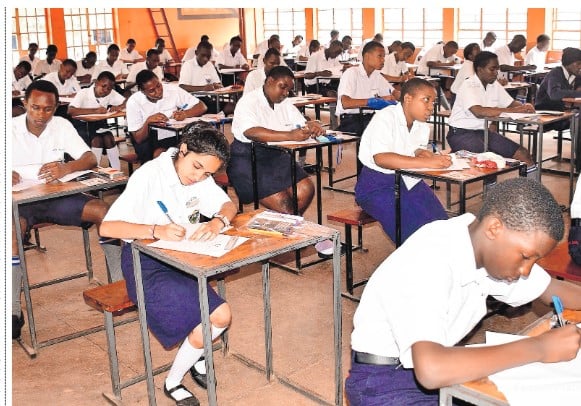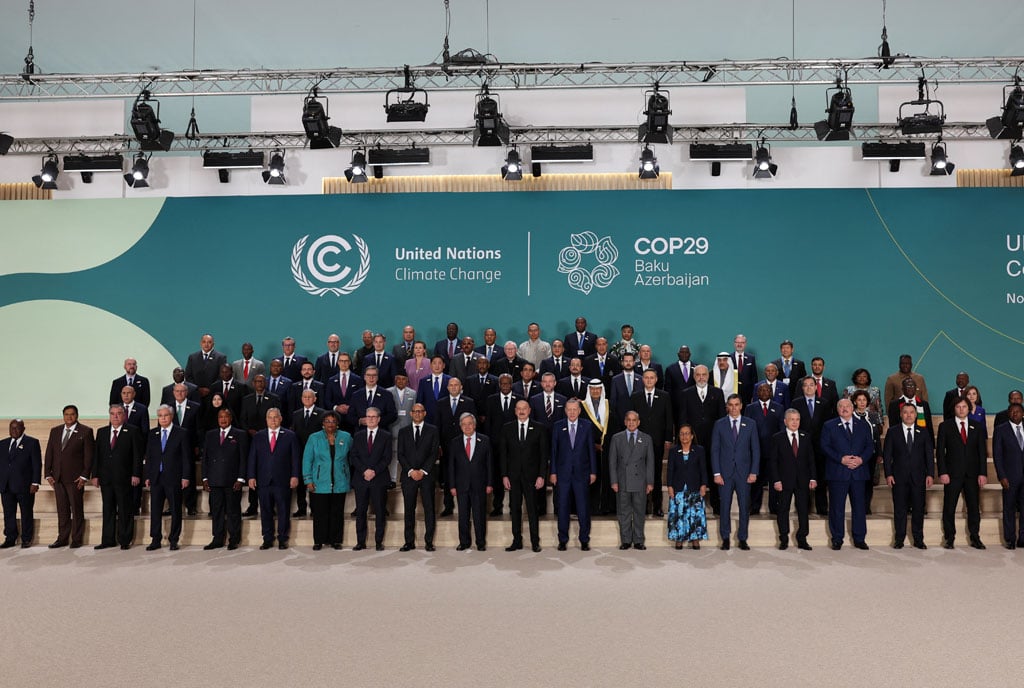Prime
World leaders must reboot global cooperation for future

António Guterres, the secretary-general of the United Nations.
What you need to know:
- The message is clear: we cannot create a future fit for our grandchildren with a system built for our grandparents.
Final negotiations are underway in New York for this month’s summit of the Future, where heads of state will agree on reforms to the building blocks of global cooperation. The United Nations has convened this unique summit because of a stark fact: global problems are moving faster than the institutions designed to solve them.
We see this all around us. Ferocious conflicts and violence are inflicting terrible suffering; geopolitical divisions are rife; inequality and injustice are everywhere, corroding trust, compounding grievances, and feeding populism and extremism. The age-old challenges of poverty, hunger, discrimination, misogyny and racism are taking on new forms.
Meanwhile, we face new and existential threats, from runaway climate chaos and environmental degradation to technologies like Artificial Intelligence (AI) developing in an ethical and legal vacuum.
The Summit of the Future recognises that the solutions to all these challenges are in our hands. But we need a systems update that only global leaders can deliver.
International decision-making is stuck in a time warp. Many global institutions and tools are a product of the 1940s – an era before globalisation, before decolonisation, before widespread recognition of universal human rights and gender equality, before humanity travelled into space – never mind cyberspace.
The victors of World War II still have pre-eminence in the UN Security Council, while the entire continent of Africa lacks a permanent seat. The global financial architecture is heavily weighted against developing countries and fails to provide a safety net when they face difficulties, leaving them drowning in debt, which drains money away from investments in their people.
And global institutions offer limited space for many of the major players in today’s world – from civil society to the private sector. Young people who will inherit the future are almost invisible, while the interests of future generations go unrepresented.
The message is clear: we cannot create a future fit for our grandchildren with a system built for our grandparents. The Summit of the Future will be an opportunity to reboot multilateral collaboration fit for the 21st Century.
The solutions we have proposed include a New Agenda for Peace focused on updating international institutions and tools to prevent and end conflicts, including the UN Security Council. The New Agenda for Peace calls for a renewed push to rid our world of nuclear arms and other weapons of mass destruction; and for broadening the definition of security to encompass gender-based violence and gang violence. It takes future security threats into account, recognising the changing nature of warfare and the risks of weaponising new technologies. Global financial institutions must reflect today’s world and be equipped to lead a more powerful response to today’s challenges. That means concrete steps to tackle debt distress, increase the lending capacity of multilateral development banks, and change their business model so that developing countries have far more access to private finance at affordable rates.
And as leaders highlighted last year, reforming the global financial architecture is also key to jump-starting desperately needed progress on the Sustainable Development Goals.
The Summit will also focus on new technologies with a global impact, seeking ways to close the digital divide and establish shared principles for an open, free and secure digital future for all.
AI is a revolutionary technology with applications and risks we are only beginning to understand. The governance of AI cannot be left to the rich; it requires that all countries participate, and the UN is ready to provide a platform to bring people together.
Human rights and gender equality are a common thread linking all these proposals. Global decision-making cannot be reformed without respect for all human rights and for cultural diversity, ensuring the full participation and leadership of women and girls. We are demanding renewed efforts to remove the historic barriers – legal, social and economic – that exclude women from power.
The Summit of the Future is a chance to build more effective and inclusive institutions and tools for global cooperation, tuned to the 21st Century and our multipolar world. I urge leaders to seize it.
Guterres is the UN Secretary General




